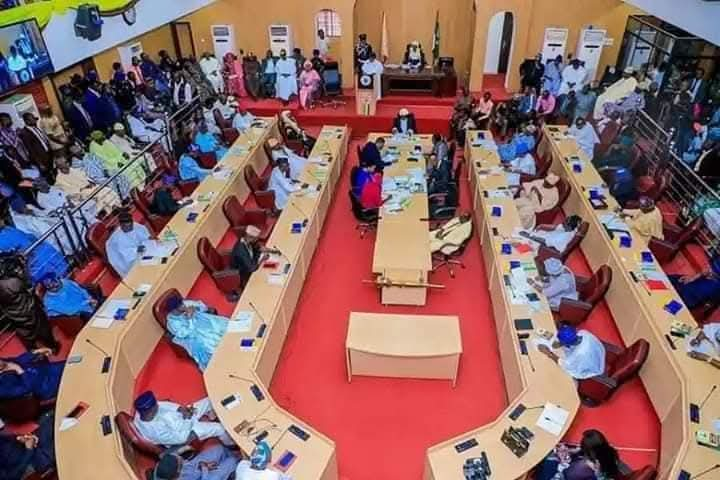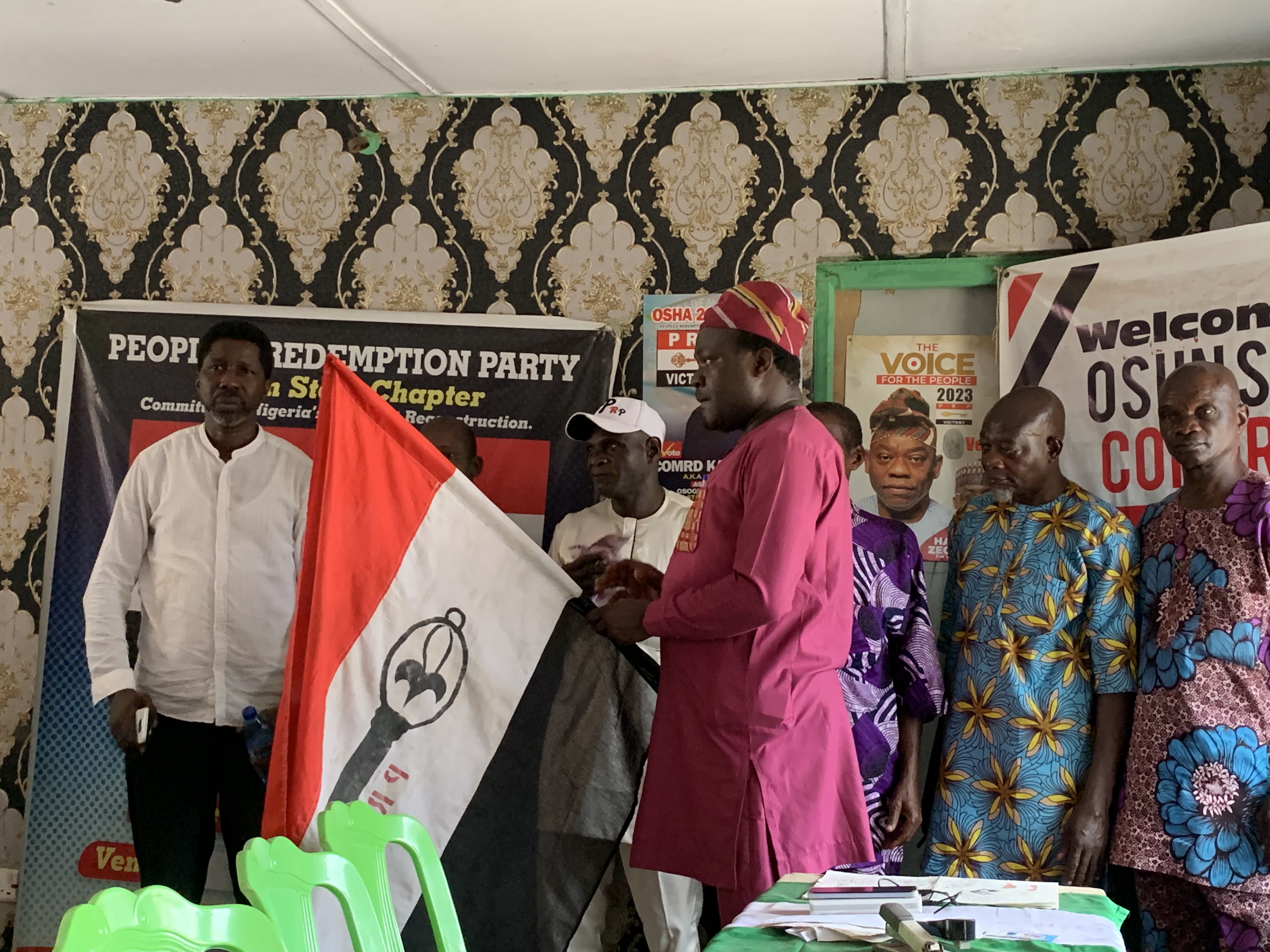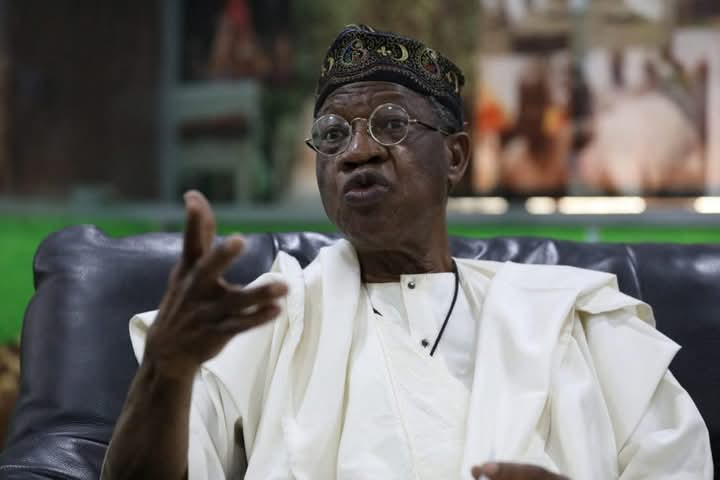It is a cliche to refer to youths as “future leaders of Nigeria”, ignoring the fact that they have a role to play now in the leadership of this country. Some youths are even wired to wait endlessly for a tomorrow that may never come. Little wonder we see an unprecedented level of political apathy amongst the youth. When youths get involved in politics, they sometimes allow themselves to be used as thugs to either truncate the process or create havoc on the electoral system. The political apathy of the youths denies them the front line role of designing, developing, and influencing the future they want. Other youths see politics and governance as dirty, risky, and unimportant. This anomaly must change if we are going to build a great country that will compete among the comity of nation-states in this 21st century. Youths, “your vote is your power” and that power begins with Voter registration .
For Nigerian youths to make a difference in the long term, they must be engaged in formal political processes and have a say in formulating today’s and tomorrow’s politics and policies. Inclusive political participation is a fundamental political and democratic right and is crucial to building stable and peaceful societies and developing policies that respond to the specific needs of younger generations. For young people to be adequately represented in political institutions, processes, and decision- making, and particularly in elections, they must get involved. The first critical step is to get a voter’s card that enables them to become participants, decision-makers, and influencers. Criticising from the side-lines or on social media would not make much difference.
Participation in the electoral process affords the young the power to decide on the quality of life for themselves and future generations.Nothing gives you power to make changes in policies and programmes like having a voter’s card and going out to vote. If young people do not vote, someone else will decide for them, and it may not be about their interest. The real power is in your one vote. The INEC continuous voter registration is the opportunity to get involved, take advantage of the changing demographics and champion a new vision for society. Future generations are depending on your ‘one vote’ to secure the unknown future.
INEC recently commenced the Continuous Voter Registration (CVR). According to the INEC National Commissioner and Chairman, Information and Voter Education Committee, Festus Okoye, intended registrants created 331 accounts on the CVR online pre-registration portal, launched at 7 a.m. on June 28. He claimed sadly that barely 24 hours after the launch, only 59,331 accounts have been created; 42,211 applications received, out of which 27,759 individuals applied for new voter pre-registration services. We expect a better uptake than this, and we implore every one of voting age, especially the youths, to engage actively in this process.
Nigeria’s population is about 200 million people, and more than half of this number is within the voting age range. The country has, over recent times, been a hotbed for voter apathy. During the last general elections and the presidential election held in 2019,for the first time in history since the return to democracy in 1999, Nigeria recorded the lowest voter turnout rate of 34.75 per cent. This rate is the lowest of all recent elections held on the African continent. Data compiled by International Institute for Democracy and Electoral Assistance (I-IDEA), an intergovernmental organisation that supports sustainable democracy worldwide, reveals that the turnout of voters in that election happens to be thesecond lowestin the history of elections held in African countries, only slightly better than the 32.3 per cent recorded in the 1996 Zimbabwean presidential election.
A look at other African countries helps to put the situation in better perspective. The top 10 countries with the highest voter turnout in their most recent polls are Rwanda: 98.2 per cent, Equatorial Guinea — 92.7 per cent, Angola — 90.4 per cent, Seychelles — 90.1 per cent, Guinea Bissau — 89.3 per cent, Zimbabwe — 86.8 per cent, Sierra Leone — 84.2 per cent, Kenya — 79.5 per cent, Liberia — 75.2 per cent, and Burundi —73.4 per cent.
READ ALSO: BREAKING: Many students missing in another mass abduction in Kaduna
Understandably, several issues induce voter apathy amongst Nigerians. Some of these include pervasive insecurity, violence, incessant postponement of elections, poor planning and clumsy voting process. Many Nigerians see the days of elections as work-free rest days during which they can sleep , play football or engage in household chores.
Another contributory factor to voter apathy is that most citizens have lost faith in the democratic process. Often, some of our political leaders end up disappointing those who stayed for hours in queues, under the rain and sun, to cast votes for them. These disappointed citizens would no longer be keen to go through the rigour for another round of elections. If democracy is delivering development to the people, it will increase voters’ turnout because there is a clear link between democratic development and campaign promises. When people’s lives are not improved, when poverty, misery, injustice, and inequality are institutionalised, people find it difficult to connect to the social contract they entered through voting and the deliverables from democracy.
Another reason is the crisis of confidence in democratic institutions. Some elections held in the country in recent years have dampened citizens’ interest in the electoral process. Due to incessant rigging of elections by politicians, some Nigerians have concluded that their votes would never count. This problem is exacerbated by killings, arson, and the level of violence and ‘militarisation’ of the Nigerian electoral process and the campaign of calumny of which Nigerian political parties are known, which demeans the electoral process.
Be that as it may, everyone, especially the youths, should not be put off voting and other forms of participation in the political process by these numerous electoral challenges . Voting is an inalienable right that every citizen must exercise. If participatory democracy is indeed the best form of government, every citizen must be involved in this process, especially the youths. Your voters card is your power to ensure continuity of excellent government or removal of bad government at the local, state, and federal levels.
Elections have consequences, and the implications of poor voter participation in a democracy are dire. These implications are in terms of the policies, ideologies, and focus of the government. And it is improbable that the policies of the government will reflect popular interests unless the majority participate. It is arguably true that , in an ideal situation, an elected official or somebody running for office will not spend as much time focusing on the needs and interests of people who do not vote.They will most likely focus on the needs and interests of those who do vote because they are accountable to them during the voting process – they can be voted in or out by the voters.
By voting, the voters exercise power to decide on the quality of life for themselves and future generations. Voting is the chance for the citizen to stand up for the issues they care about and affect their lives. It is a time for the citizens to decide what is best for them. The voters who do not vote give up their voice. The voters decide the election. When people do not vote, others will decide for them. The power of the citizen over the politician is the vote. By voting, the citizen chooses what public funds would be used for because they determine the candidate who best aligns with their philosophy, aspiration, and outlook.
Besides, voting offers the citizen the opportunity to change the system. It is an opportunity for the citizen to impact and bring greater good to the community . The citizens have the chance to make their voices heard. Any other peaceful or violent way to change the system apart from elections is unconstitutional and a waste of time. Young people should desist from such wasteful protests demanding for change of government. Their weapon is their votes, starting from getting a voters card.
Youths exercising their right to vote would never mean much if they do not weigh their options against their values and demands of leadership to elect representatives who can employ those values and leadership skills in their work for the common good. Therefore, before casting votes, youths should find out the strengths they want to see in a candidate and the weaknesses they hope to avoid. Simple research can help them find every candidate’s position on issues that affect their lives or are essential to them.
Our youths should realise that the best way to impact government and governance is to be an integral part of the democratic process. They must be active participants in this process. Youths should spend more time and show more interest in the political process. Our youths’ political participation will exponentially increase if the attention they pay to social media sleaze and TV entertainment programmes (Big Brother Naija, Naija Got Talent, and the English Premier League) is shown to the political process. They will take back their future from the hands of the older generation, who unfortunately are making policy decisions that they will not be alive to see the consequences. Then, our youths will genuinely become “leaders of tomorrow.”
In conclusion, youths should translate their anger (against “political jobbers” and “political contractors” masquerading as leaders and seeking the political office) into participation in the electoral process. They should always vote or be voted for. They should eschew all forms of violence and never allow anybody to convince and use them to subvert the electoral system. They should become politically literate and never fall prey to the pernicious propaganda of ethnic bigotry and religious fanaticism. No matter where young people come from in Nigeria, their problems, pains, and aspirations are the same. A better Nigeria now and for posterity is the dream of all. I, therefore, implore all, but especially our youths, to engage actively with the INEC registration process and, in due time, use their votes to decide the destiny of this great nation.
Advertisement






